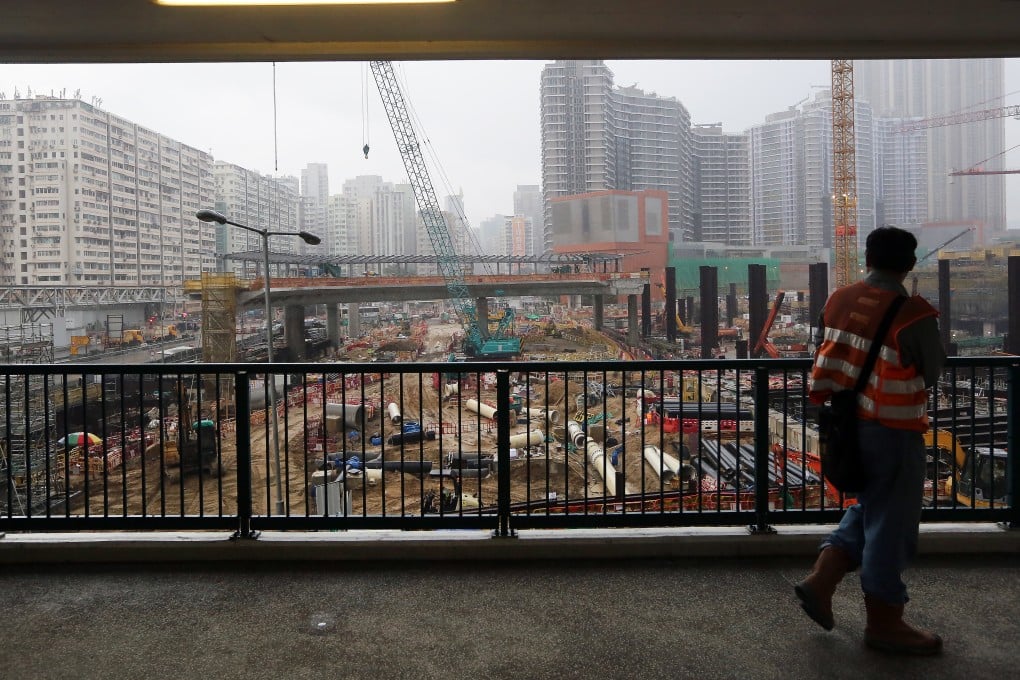Opinion | Hong Kong government must find a quick solution for high-speed rail checkpoint at West Kowloon
Gary Cheung says without joint immigration checks at West Kowloon,the Hong Kong-Guangzhou link may well become a white elephant

The possible failure to set up a joint immigration checkpoint at the cross-border railway terminus in West Kowloon is not a crisis that should surprise anyone; it has been brewing for five years.
The plan for a joint mainland-Hong Kong checkpoint, which is pivotal to travel convenience, was hailed as a centrepiece of the then HK$65 billion high-speed rail project when it was tabled for lawmakers' approval in 2010.
Eva Cheng, the transport secretary at the time, said both governments had been in talks on how to set it up.
Urging legislators to approve the project, she said there was "ample time" to study the specifics of such a checkpoint, and the most pressing issue was to get work started, as the mainland's high-speed network would be completed as early as 2012.
The Legislative Council agreed and gave the nod.
Yet, since then, little progress has been made on the checkpoint front, amid legal and constitutional concerns that allowing mainland law enforcement officers to work in Hong Kong would undermine the "one country, two systems" principle. Last year, government officials said they were still discussing the issue with mainland authorities. The revelation last year that the project was facing substantial delays also put the issue in the spotlight. In a report commissioned by the MTR Corporation to study the reasons for the delay, the authors highlighted the importance of confirming soon the arrangement for the joint checkpoint. "The status of the arrangements directly affects the design of West Kowloon Terminus and therefore the time at which the designs for the building works for the terminus can be finalised," the report said.
The opening of the cross-border railway, originally scheduled for this year, has been pushed back to the end of 2017, or even later. The project also faces cost overruns, with its cost estimate raised from the original HK$65 billion to HK$71.5 billion. Lawmaker Michael Tien Puk-sun said the final cost could surge to HK$90 billion.
